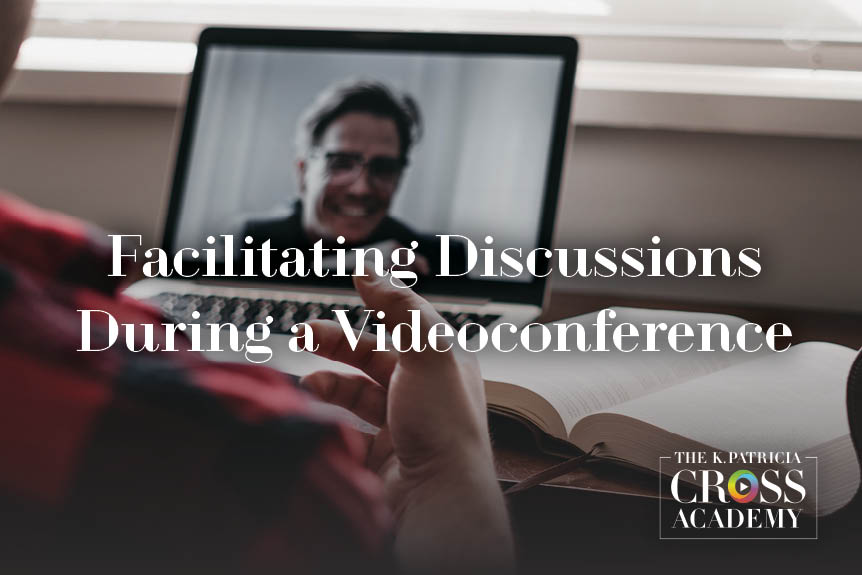CrossCurrents Library
Featured Collections
Topics

Sometimes, a group of students in a given class just seems to gel. They connect, work well together, and encourage and support each other. Sometimes a group of students does not gel. They barely interact, they don’t work together, and while they may not actively discourage each other, encouragement is not exactly forthcoming either. It can be difficult to determine what causes

After years – even decades – of teaching onsite, many instructors are able to teach a traditional, classroom-based course without having laid out the entire course in advance. This approach doesn’t work well in the online classroom, however, as online course delivery requires more fully developing the course ahead of time. Thus, when teaching online, the process of course design is essential.

With many of us now teaching remotely, we are finding ways to retain strategies that worked well when teaching onsite. Discussion is one of the strategies that we regularly draw upon when teaching on campus. Thus, instructors who are using videoconferencing to facilitate our class sessions are trying to determine how to make synchronous class discussions work in this new

At the outset of the COVID-19 pandemic and the sudden, mandatory campus closures, college and university faculty had to quickly determine how best to offer instruction online. Video-conferencing apps like Zoom and Skype provided a lifeline, as many faculty turned to synchronous remote instruction to communicate with their geographically dispersed students. Some instructors, knowing that their students only had access

Many times, instructors feel like they “should” assign discussion board posts. They do so for a variety of reasons, including to simply receive the “regular and substantive interaction” between students and teachers required in virtual classrooms. Lively discussions are a hallmark of face-to-face courses. Likewise, for decades, discussion boards have been a staple of online courses. But doing discussions online and through a text-based medium offers its own set of challenges.

Many of us have had to sit through boring, less than engaging lectures in a classroom. The speaker seems bolted to the floor, drones on and on in a monotone voice, and shares visuals that consist of nothing but slide after slide of bullet-point text. We know a bad lecture when we experience it. But we also know a good

The COVID-19 pandemic has led to many if not most college faculty teaching in virtual classrooms. While many of us are turning to synchronous lectures with video conferencing tools such as Zoom or Blackboard Collaborate, many of us are also choosing to create asynchronous video lectures that students can watch anytime, anywhere. There are many valid reasons for making this